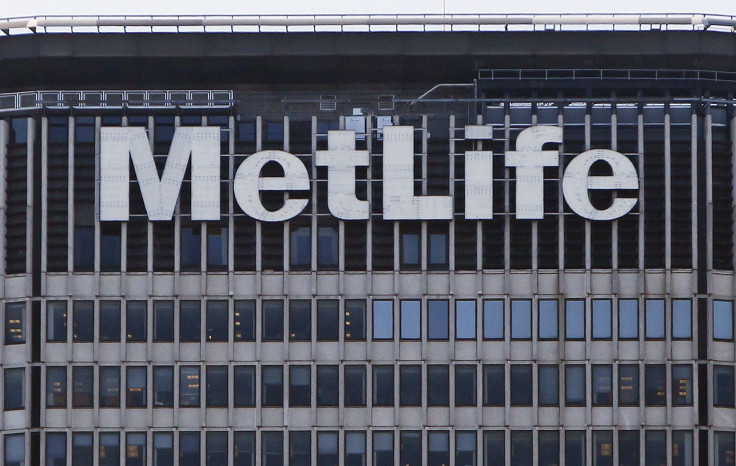MetLife’s ‘Too Big To Fail’ Label Struck Down By Judge, Reversing Designation By Federal Regulators

MetLife Inc. scored a big victory Wednesday in its fight against federal regulators’ de facto “too big to fail” designation, freeing the insurance giant from enhanced supervision under post-crisis financial regulations.
The ruling represents the first time an institution deemed a systemic risk by federal regulators has managed to win relief from the designation, potentially opening a chink in the armor of President Barack Obama's landmark financial reforms.
In an order that remained sealed, Washington, D.C., District Judge Rosemary Collyer granted MetLife's request to lose its tag as a nonbank "systemically important financial institution" (SIFI). That designation meant that the multi-agency Financial Stability Oversight Council deemed the insurer, which has $879 billion in assets, large enough to potentially "inflict significant damage" on the broader economy.
More importantly for MetLife, the label exposed the company to steep regulatory and compliance costs stemming from closer government scrutiny. In 2014, MetLife CEO Steven Kandarian said, "The biggest risk to MetLife is being designated a SIFI and having bank rules applied to us."
MetLife stock (NYSE:MET) rose 4.3 percent Wednesday following the order, to $44.31.
The insurer argued that the FSOC had relied on "unsubstantiated speculation" in its designation of MetLife as systemically important to the functioning of financial markets. In particular, lawyers for MetLife contended that the FSOC had not carried out adequate analyses into the insurer's vulnerability to financial shocks.
Prompted largely by the near-failure of huge insurer American International Group during the 2008 financial crisis, the 2010 Dodd-Frank Act empowered the FSOC to bring heightened regulatory scrutiny to companies that are not banks but remain deeply intertwined with the financial system.
Those nonbank SIFIs now include AIG, Prudential and General Electric Co., which has divested more than $150 billion in financial assets in order to shake off the systemically important label. In January, MetLife announced a split into two parts, citing a challenging "regulatory environment."
© Copyright IBTimes 2025. All rights reserved.




















